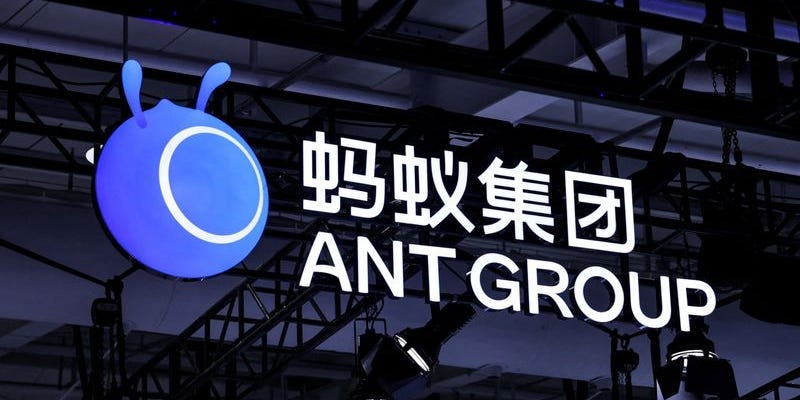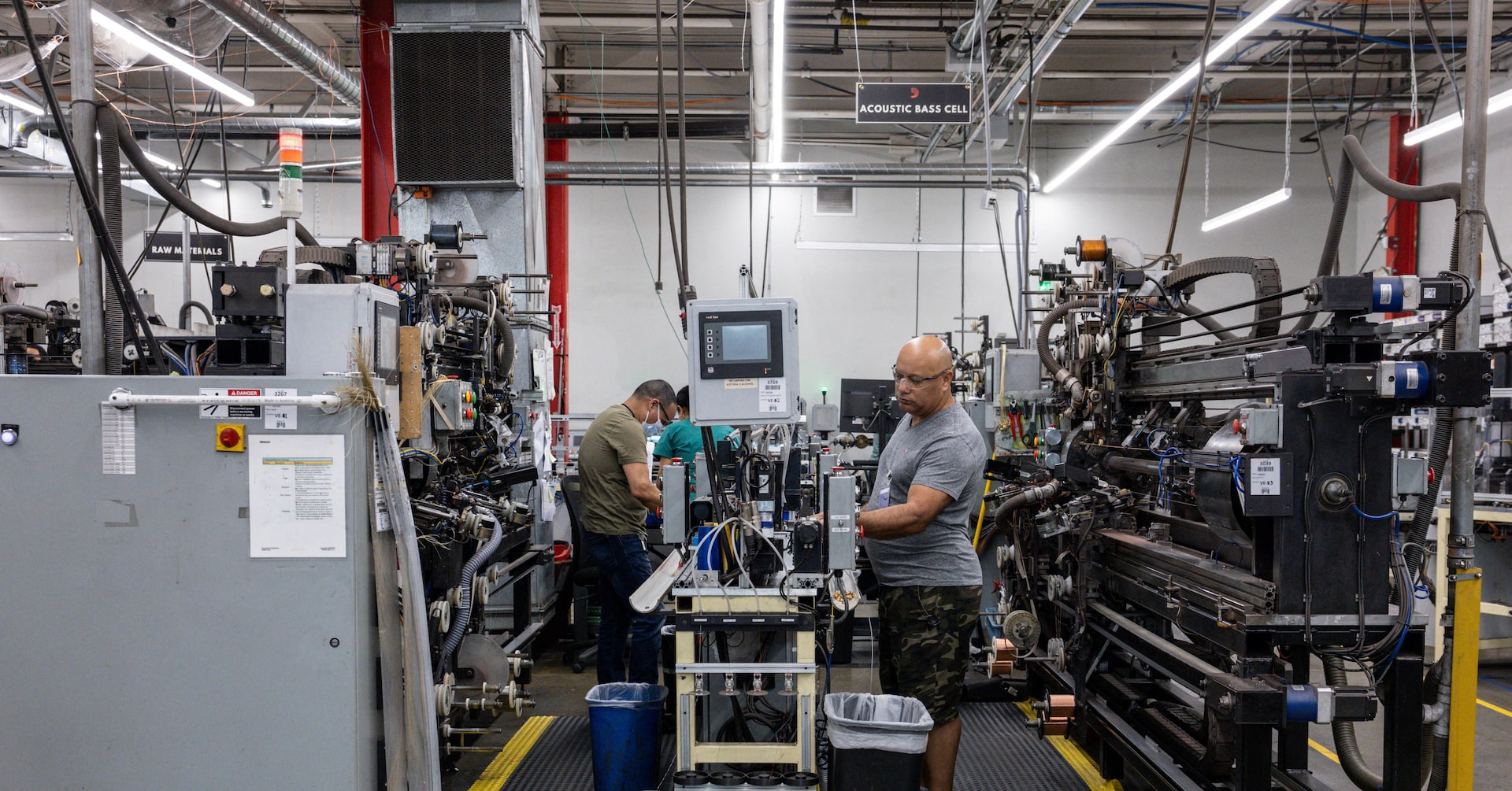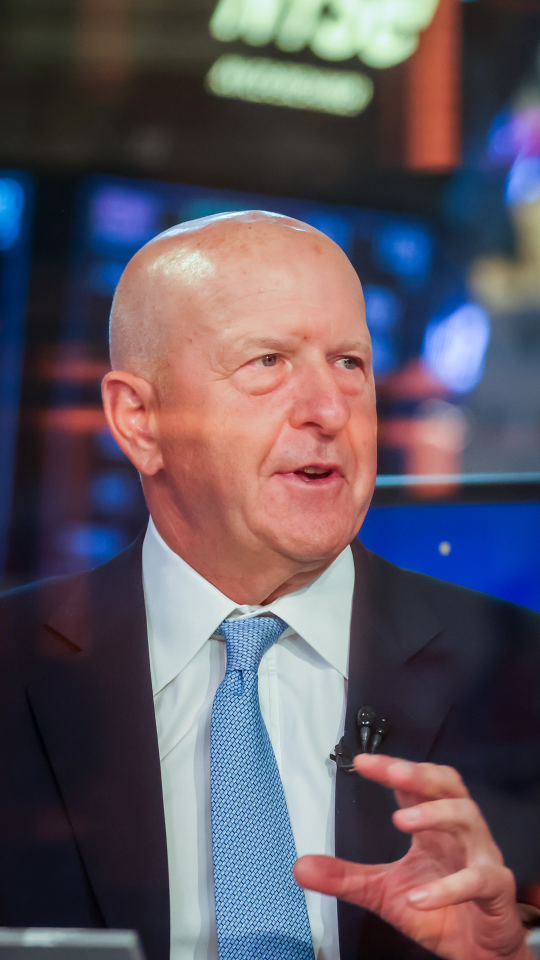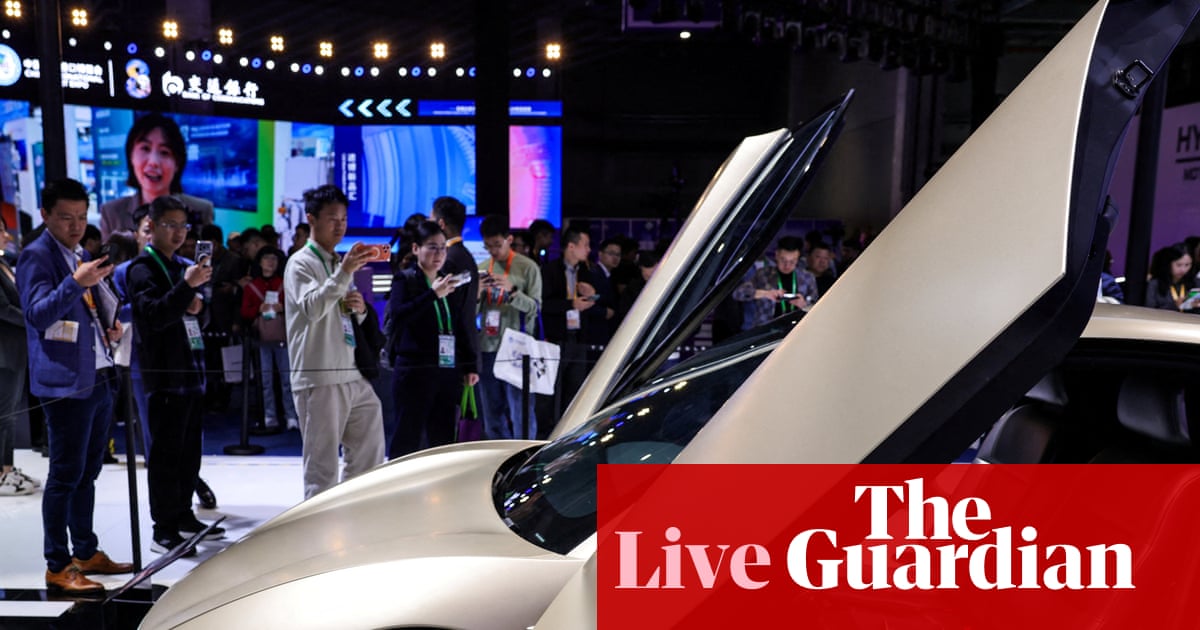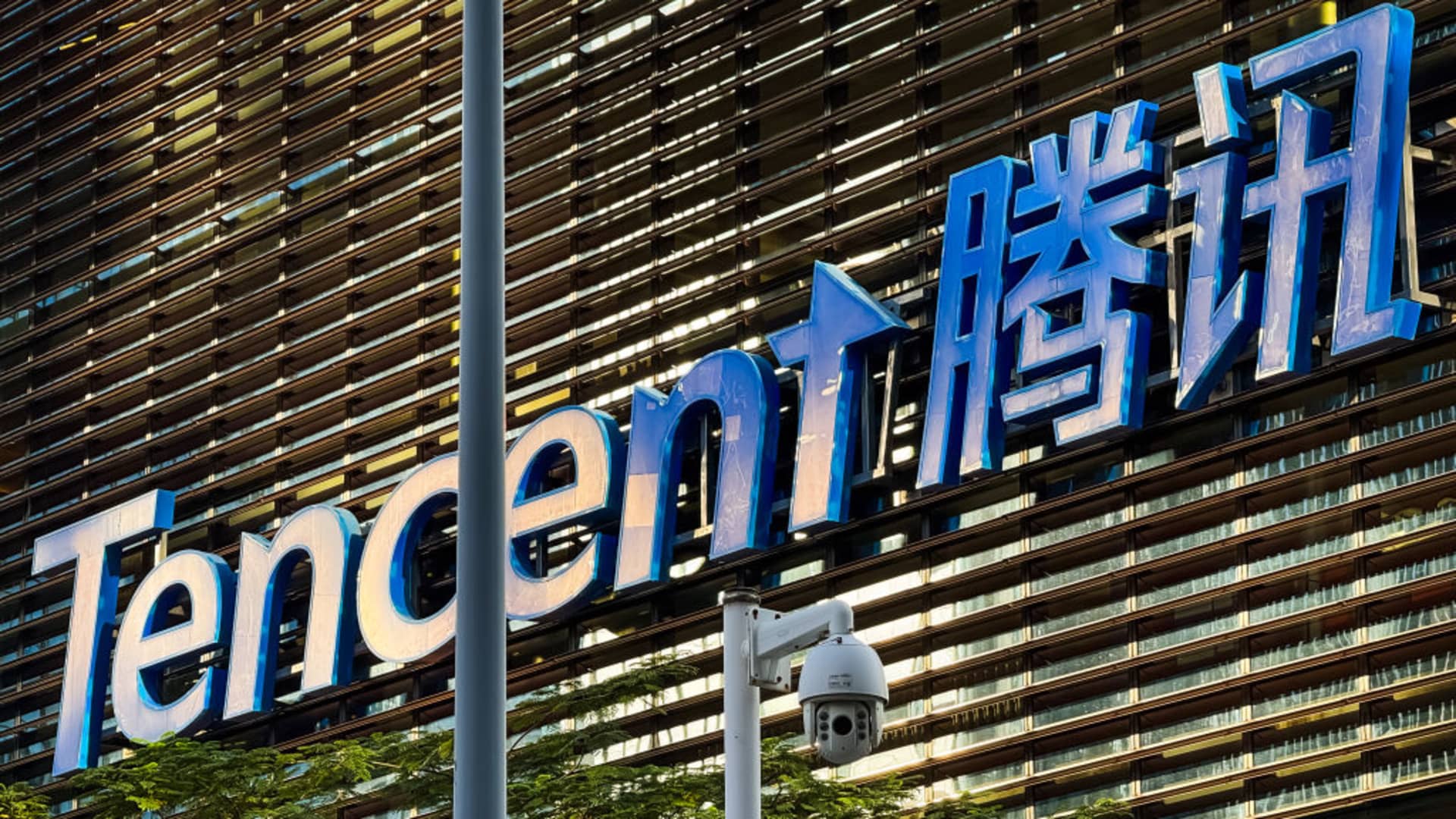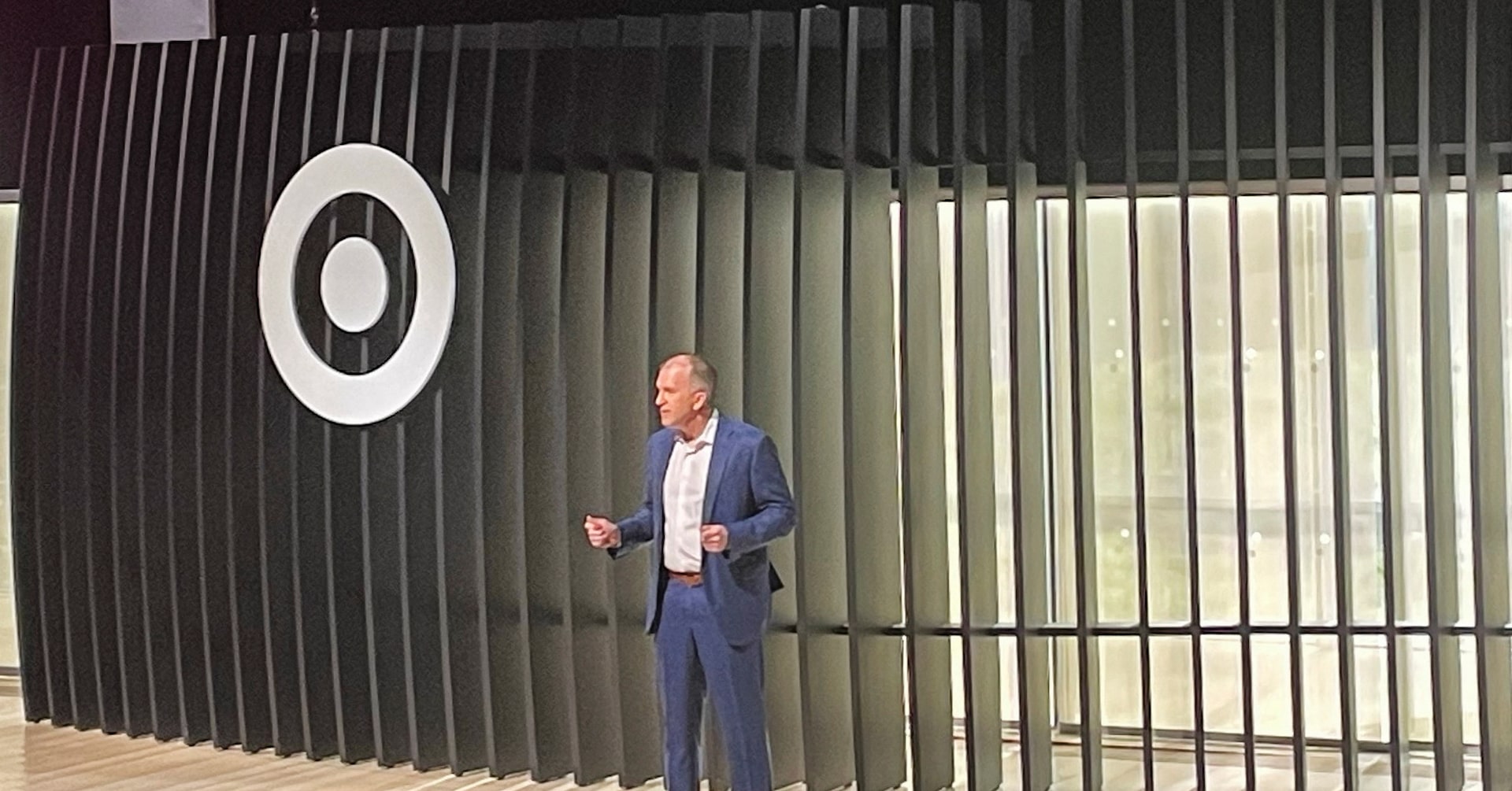When Chinese tech giant Ant Group released its new AI coding assistant tool last Tuesday, it didn’t expect the app to break under its own popularity.
LingGuang, an AI app for vibe coding and building apps using plain-language prompts, reached over 1 million downloads in four days. By Monday, the app had crossed 2 million downloads, the company said in a press release.
On Monday, LingGuang ranked first on Apple’s mainland China App Store for free utilities apps and sixth overall for free apps.
Ant Group, an affiliate company of the Chinese conglomerate Alibaba Group, said on Thursday — three days after LingGuang’s debut — that the app’s system buckled under heavy traffic. LingGuang’s viral feature, its flash program tool, temporarily crashed after excessive usage and was soon restored.
The flash program function allows users to create personalized, interactive apps using natural language prompts in 30 seconds. The company said that users have created apps like kid activity generators and car cost savings calculators.
“LingGuang is bringing every user their own personal AI developer: someone who can code, create visuals, build programs, and turn complex ideas into simple solutions — right in your pocket,” said the chief technology officer at Ant Group, He Zhengyu, in a Tuesday press release.
The company said on Monday the growth milestone is a sign that LingGuang is “a key player worth following in the quickly evolving global AI race,” adding the app hit its first million downloads faster than OpenAI’s ChatGPT and Sora.
Beyond its flash program function, LingGuang is pitched as a multimodal AI tool that can generate 3D models, interactive charts, animations, and other illustrations to help users understand abstract concepts. It also includes an “AGI camera” that can understand scenes in real time and help users analyze or edit images or videos on the fly.
LingGuang is available internationally on the Apple App Store, major Android app stores, and the web.
Ant Group, founded by Chinese businessman and billionaire Jack Ma, has been ramping up its AI push this year. In June, it launched its AI-powered healthcare app, AQ. A few months later, the company unveiled R1 in September, a humanoid robot positioned as a rival to Tesla’s Optimus.

